The global energy transition is driving huge growth in the demand for critical minerals, which are found in abundance on the African continent.
Mining Indaba’s Sustainability Series will ask what it means to be just in a panel session discussion titled ‘The Energy Transition: What does it mean to be just?’ on Tuesday 6 February at 10:55.
The discussion will centre around how Africa can take advantage of the energy transition to ensure a cleaner energy future, while at the same time considering responsible sourcing and sustained, ethical supplies of the critical minerals needed. Also under discussion will be how the continent can power the production of transition minerals while ensuring justice for employees affected through local content partnerships and the distribution of mining benefits.
The International Council of Mining and Metals (ICMM), a foundational partner to Mining Indaba, President & CEO, Rohitesh Dhawan notes that “Critical minerals are the backbone of the energy transition, but how we source and produce them is just as important as how much we need.”
Speakers for this all-important panel are Responsible Minerals Initiative Senior Director, Impact, Innovation and Credibility, Fabiana Di Lorenzo, Newmont Senior Director, Environmental Affairs-Africa Business Unit Paul Sowley, Seriti Green Development South Africa CEO Peter Venn, The Particle Group & Women in Mining South Africa CEO and Chairperson Raksha Naidoo and Standard Bank South Africa Head of Sustainable Finance Sasha Cook. It will be moderated by Jayne Mammatt, Deloitte Partner - Sustainability, Climate Change and Equity.
“Our sustainability programme – now called the Sustainability Series – has been extended to two days. This is our response to the industry’s need to talk about sustainability at length. It is a driving factor for the mining industry and forms one of the most important programmes we offer in 2024. Our priority for this year is for our panellists to start engaging on real challenges in mining to find solutions – in other words, showcasing how they are disruptive in the industry so that other stakeholders can feel inspired and connected with these messages,” says Investing in Mining Indaba Head of Content, Laura Cornish.
Another key session taking place on the Disruptors stage, will look at how we can move beyond the standard discourse surrounding the Just Transition and challenge mining companies to explore ideas around community resilience more broadly and with greater consideration. The panel titled “The Silent 'C' - Communities! Are they truly part of the net-zero mining discussion?” will be held on Tuesday 6 February at 12:30. Attendees can expect robust conversations on innovative and future-forward approaches that place communities at the heart of net-zero discussions and explore the business case to be made for a net zero strategy for the mining sector that is inclusive, just and resilient.
Women in Mining UK Managing Director Stacy Hope will moderate this discussion, with speakers Ivanhoe Mines VP Sustainability Jasmine Abrahams, Exxaro Group Manager Social Impact Tebogo Leepile, Cobalt Institute Head of Responsible Sourcing and Sustainability, Susannah McLaren and Rio Tinto Environmental, Society and Governance Director-Simandou, Trina Gill.
It is without doubt that Africa has a large stock of the green minerals that can facilitate the energy transition. What is key is understanding the steps needed to ensure that Africa will benefit from supplying these minerals to the world. For attendees looking to gain global insight on this issue, a session titled “How can African mineral producers participate in U.S. clean energy supply chains?” will be held on Wednesday 7 February at 16:40 on the Governments Stage. It will unpack the opportunities for African mineral producing countries to integrate into the U.S. clean energy industries – facilitated by recent climate-related legislation including the Bipartisan Infrastructure Investment and Jobs Act, the Inflation Reduction Act and the CHIPS and Science Act.
The panel will draw on a recent report published by the Carnegie Endowment for International Peace which will look at synergies between the United States’ objectives of developing new clean energy supply chains and reorienting its strategic relationship with African countries’ own long-held aspirations to industrialize and transform their economies by leveraging their mineral resources endowments. Leading this session will be Carnegie Endowment for International Peace Director Dr. Zainab Usman.
The discussion will centre around how Africa can take advantage of the energy transition to ensure a cleaner energy future, while at the same time considering responsible sourcing and sustained, ethical supplies of the critical minerals needed. Also under discussion will be how the continent can power the production of transition minerals while ensuring justice for employees affected through local content partnerships and the distribution of mining benefits.
The International Council of Mining and Metals (ICMM), a foundational partner to Mining Indaba, President & CEO, Rohitesh Dhawan notes that “Critical minerals are the backbone of the energy transition, but how we source and produce them is just as important as how much we need.”
Speakers for this all-important panel are Responsible Minerals Initiative Senior Director, Impact, Innovation and Credibility, Fabiana Di Lorenzo, Newmont Senior Director, Environmental Affairs-Africa Business Unit Paul Sowley, Seriti Green Development South Africa CEO Peter Venn, The Particle Group & Women in Mining South Africa CEO and Chairperson Raksha Naidoo and Standard Bank South Africa Head of Sustainable Finance Sasha Cook. It will be moderated by Jayne Mammatt, Deloitte Partner - Sustainability, Climate Change and Equity.
“Our sustainability programme – now called the Sustainability Series – has been extended to two days. This is our response to the industry’s need to talk about sustainability at length. It is a driving factor for the mining industry and forms one of the most important programmes we offer in 2024. Our priority for this year is for our panellists to start engaging on real challenges in mining to find solutions – in other words, showcasing how they are disruptive in the industry so that other stakeholders can feel inspired and connected with these messages,” says Investing in Mining Indaba Head of Content, Laura Cornish.
Another key session taking place on the Disruptors stage, will look at how we can move beyond the standard discourse surrounding the Just Transition and challenge mining companies to explore ideas around community resilience more broadly and with greater consideration. The panel titled “The Silent 'C' - Communities! Are they truly part of the net-zero mining discussion?” will be held on Tuesday 6 February at 12:30. Attendees can expect robust conversations on innovative and future-forward approaches that place communities at the heart of net-zero discussions and explore the business case to be made for a net zero strategy for the mining sector that is inclusive, just and resilient.
Women in Mining UK Managing Director Stacy Hope will moderate this discussion, with speakers Ivanhoe Mines VP Sustainability Jasmine Abrahams, Exxaro Group Manager Social Impact Tebogo Leepile, Cobalt Institute Head of Responsible Sourcing and Sustainability, Susannah McLaren and Rio Tinto Environmental, Society and Governance Director-Simandou, Trina Gill.
It is without doubt that Africa has a large stock of the green minerals that can facilitate the energy transition. What is key is understanding the steps needed to ensure that Africa will benefit from supplying these minerals to the world. For attendees looking to gain global insight on this issue, a session titled “How can African mineral producers participate in U.S. clean energy supply chains?” will be held on Wednesday 7 February at 16:40 on the Governments Stage. It will unpack the opportunities for African mineral producing countries to integrate into the U.S. clean energy industries – facilitated by recent climate-related legislation including the Bipartisan Infrastructure Investment and Jobs Act, the Inflation Reduction Act and the CHIPS and Science Act.
The panel will draw on a recent report published by the Carnegie Endowment for International Peace which will look at synergies between the United States’ objectives of developing new clean energy supply chains and reorienting its strategic relationship with African countries’ own long-held aspirations to industrialize and transform their economies by leveraging their mineral resources endowments. Leading this session will be Carnegie Endowment for International Peace Director Dr. Zainab Usman.



.jpg?ext=.jpg)

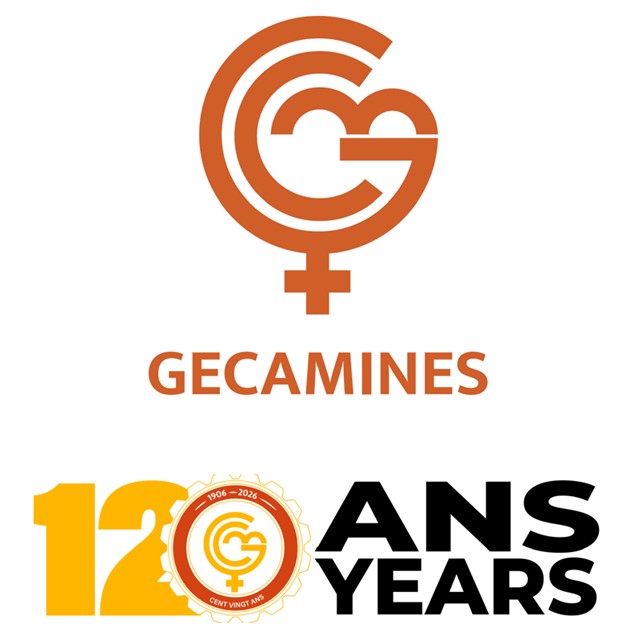


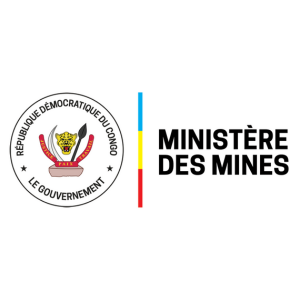
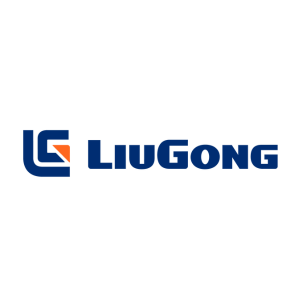


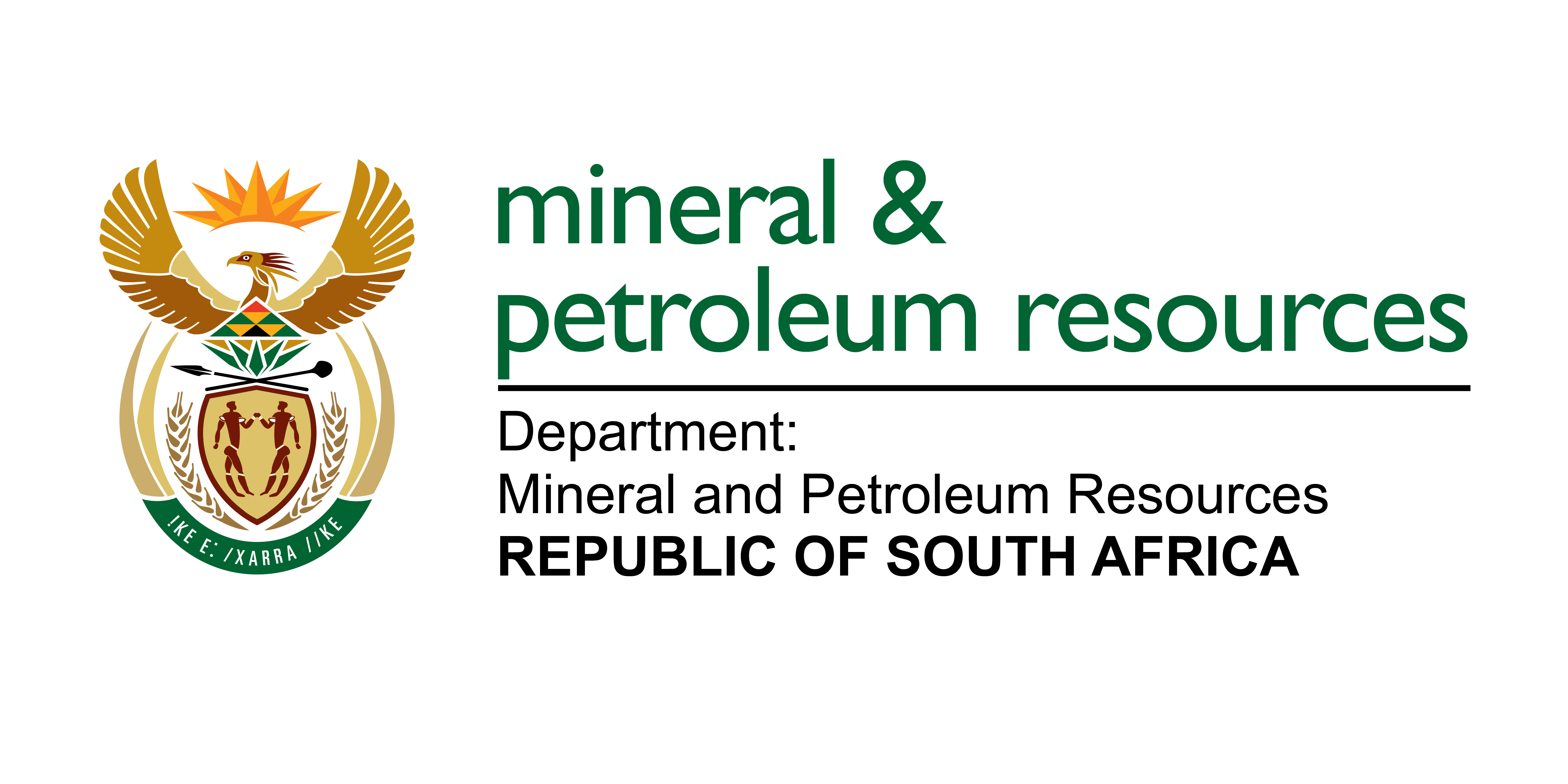-Logo_CMYK_1.jpg?width=1000&height=500&ext=.jpg)
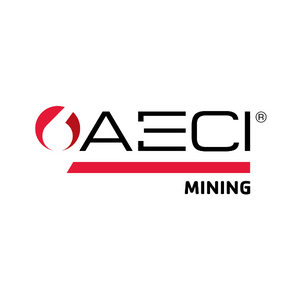



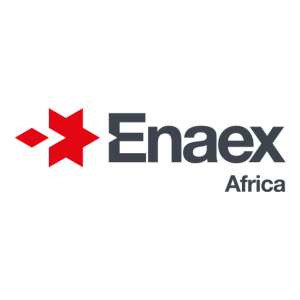


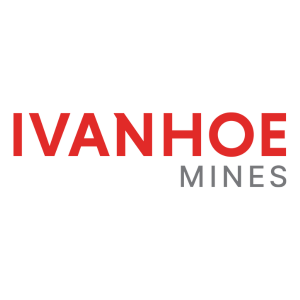
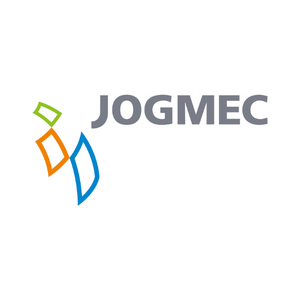


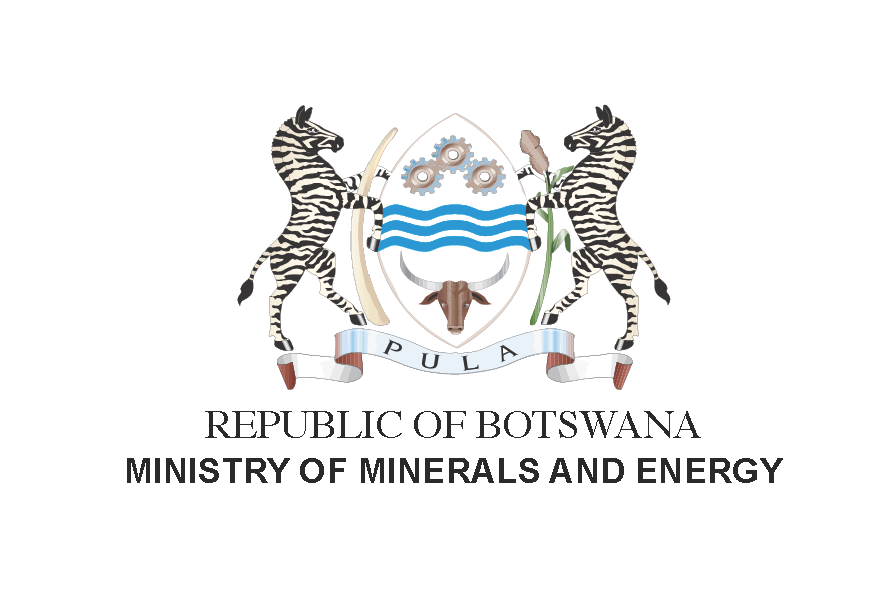.png?width=300&height=208&ext=.png)
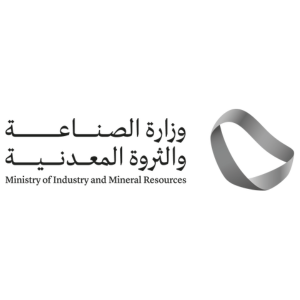
_mi25-weblogo.png?ext=.png)
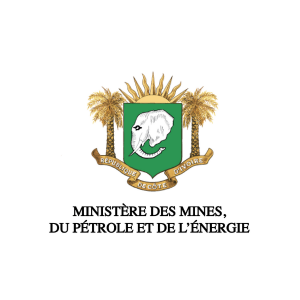
_1.png?ext=.png)






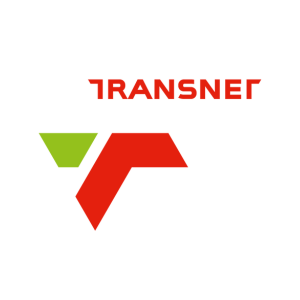












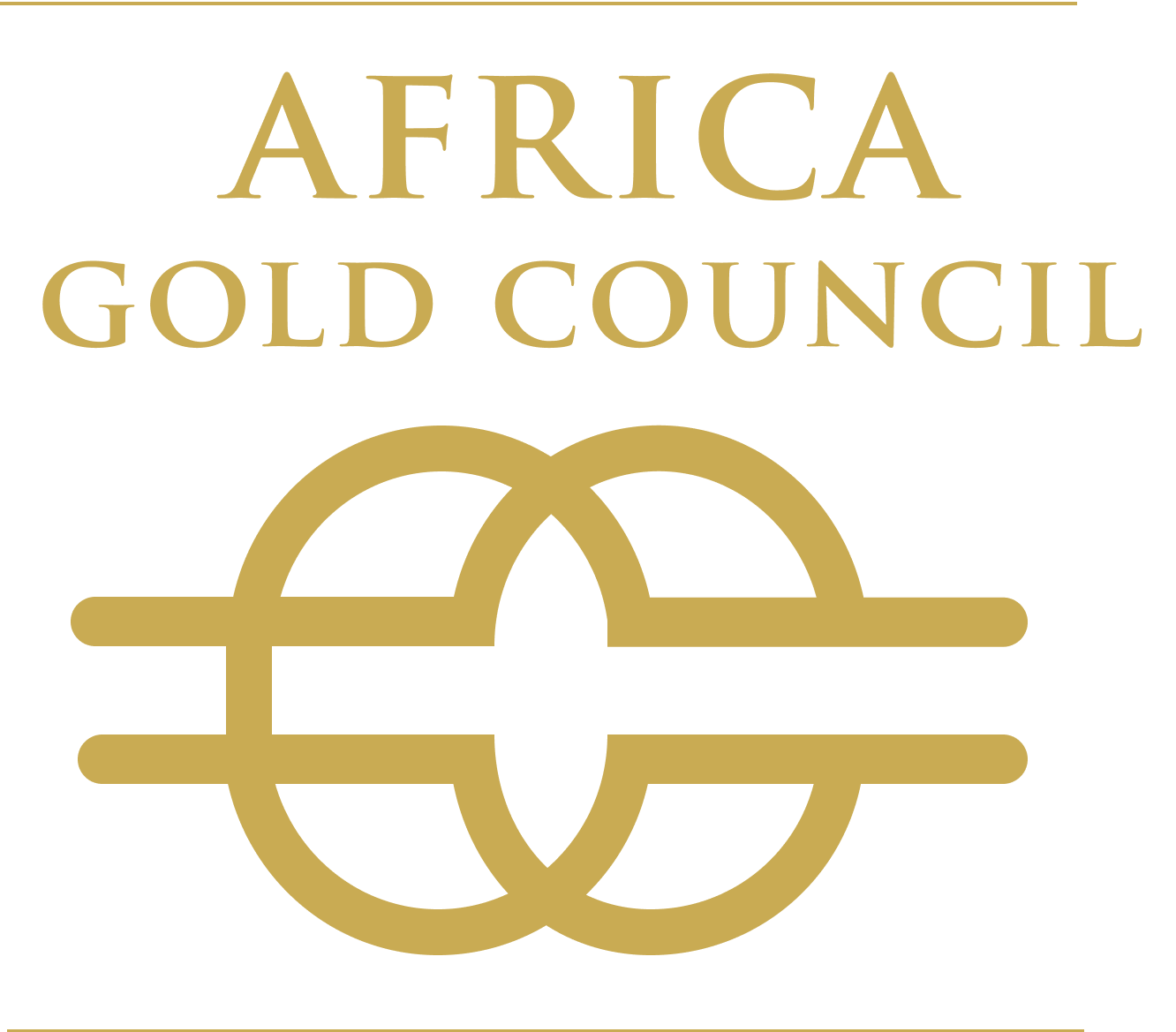















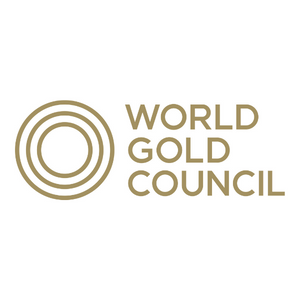
_logo.png?ext=.png)

_mi25-weblogo.png?ext=.png)




